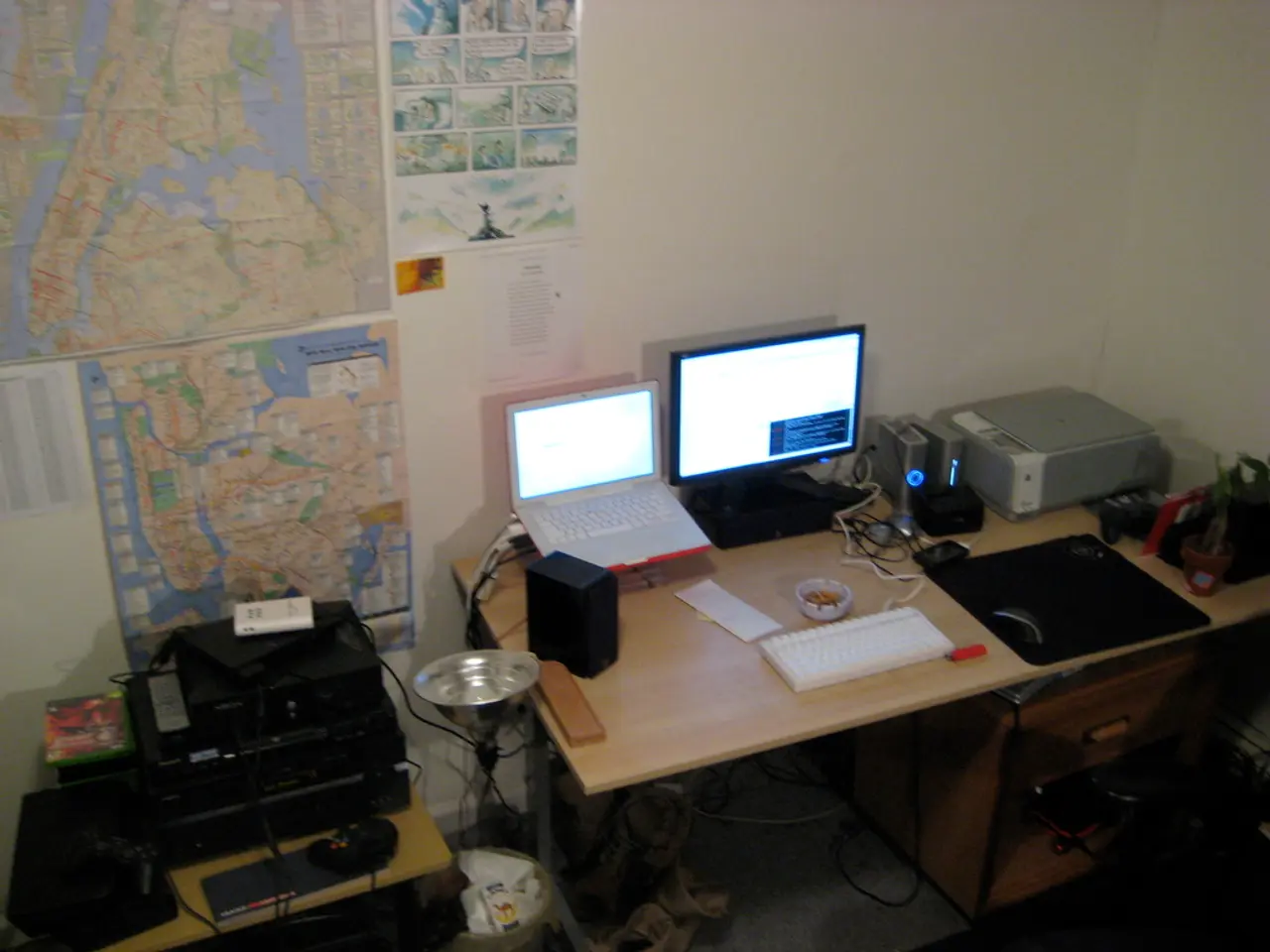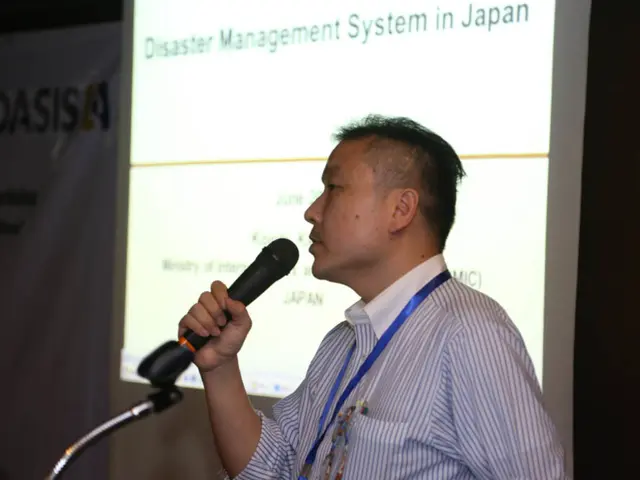Mysuru, rather than Bengaluru, emerges as Karnataka's latest technology hub.
Mysuru, a city in the southern Indian state of Karnataka, is rapidly evolving into a tier-2 technology and innovation hub. Over the past 12 months, 15 new companies have set up base in Mysuru, generating new employment and attracting investments of over Rs 2,800 crore.
One of the key drivers behind this growth is the Beyond Bengaluru ecosystem, which, if promoted strongly, could anchor a national model in Karnataka. The state government's initiative focuses on six emerging clusters, including Mysuru, with the aim of making them credible hubs for deeptech R&D, full-stack electronics system design and manufacturing (ESDM), and global capability centres (GCCs).
Vayu Assets has outlined an investment of `1,250 crore for a PCB plant serving both domestic and international markets in Mysuru. The upcoming GTC is aimed at attracting IT/ITES and emerging tech firms to the region. The 235.5 acre Electronics Manufacturing Cluster (EMC 2.0) at Kochanahalli is on track to host semiconductors firms.
Global Capability Centers (GCCs) are moving to Mysuru for deeptech R&D, ESDM, and GCC operations. This shift is due to a combination of strong local talent, government policy incentives, cost advantages, and evolving strategic priorities.
Mysuru offers a stable and well-educated IT workforce that supports faster ramp-up and better team stability compared to metros. The city's talent pool is crucial for deeptech and R&D functions. Karnataka’s GCC Policy and incentives encourage GCCs to expand beyond Bengaluru into Tier-II cities like Mysuru, facilitating easier approvals and infrastructure support.
Karnataka aims to contribute at least $300 billion to India's $1 trillion economy by 2030, with a goal of touching digital revenues of $10 billion from Mysuru alone by 2030 and creating at least 150,000 new job openings. Mysuru has the potential to have 2,800 startups by 2030, and the city is already the second-largest IT exporter in Karnataka, contributing Rs 5,000 crore annually.
The state government's Cluster Seed Fund initiative aims to stimulate local innovation and entrepreneurship in cities like Mysuru, Hubballi, and Mangaluru. There are approximately eight lakh individuals within these emerging hubs who are adept in cutting-edge digital technologies.
New entrants to the Mysuru cluster include Hoptekai Technologies, Sharp Software Development India, d-Matrix India, TBVM Consulting Services, TNBIT Technologies, and Entelika Consultation and IT Services. Businesses in these cities enjoy a 25-30% cost advantage in talent pool and a 50% lower real estate rental compared with mature hubs.
MiPhi Semiconductors, an Indo-Taiwanese joint venture, will set up a Global Technology Centre (GTC) with a 200-person R&D facility in Mysuru. McLaren Strategic Solutions and Forward Air & Omni Logistics plan to open GCC operations in Mysuru as well.
The Karnataka Digital Economy Mission's (KDEM) "Beyond Bengaluru" initiative could reshape the urban tech map of India with structured investments in deeptech, ESDM, and GCCs in emerging cities. Mysuru aims to create over 1,65,000 jobs by 2030 and has the potential to host 28 large IT companies, 12 ESDM units, and 12 GCCs by the same year.
Sources:
- The Economic Times
- YourStory
- The New Indian Express
- The Hindu
- Live Mint
Read also:
- Automobile manufacturer IM Motors reveals an extended-range powertrain akin to installing an internal combustion engine in a Tesla Model Y.
- Conflict Erupts Between Musk and Apple Over Apple Store's Neglect of Grok
- Partnership between MTN South Africa and SANTACO aims to advanced transportation systems and stimulate economic opportunities for the masses in South Africa.
- Rapid Construction of Rajasthan's 435 Megawatt Solar Power Plant in Eight Months Reduces Carbon Dioxide Emissions by Over 700,000 Tons








